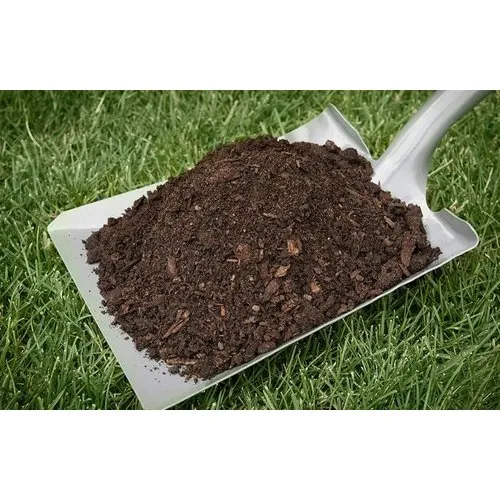Description
Moringa oil, derived from the seeds of the Moringa oleifera tree, is a versatile oil with numerous benefits and applications in various fields. Below are its primary uses:
1. Skincare and Cosmetics
- Moisturizer: Moringa oil is rich in oleic acid, making it an excellent moisturizer for dry and sensitive skin.
- Anti-aging: Its antioxidant properties help reduce wrinkles, fine lines, and other signs of aging.
- Acne Treatment: The oil’s antibacterial and anti-inflammatory properties can help soothe acne and prevent breakouts.
- Makeup Remover: It’s gentle and effective for removing makeup without irritating the skin.
- Lip Care: Used as a natural lip balm to prevent dryness and chapping.
2. Hair Care
- Hair Growth: The vitamins and minerals in moringa oil (like zinc and vitamin E) promote healthy hair growth.
- Scalp Health: Its antimicrobial properties combat dandruff and dry scalp.
- Conditioner: Moringa oil deeply conditions hair, adding shine and reducing frizz.
- Heat Protection: Acts as a natural shield against heat damage from styling tools.
3. Culinary Uses
- Cooking Oil: Moringa oil is stable at high temperatures and has a mild flavor, making it suitable for frying and baking.
- Salad Dressing: Adds a nutty flavor to salads when used in dressings.
- Nutritional Supplement: It’s rich in omega fatty acids, antioxidants, and vitamins, offering health benefits when consumed.
4. Health and Wellness
- Anti-inflammatory: Helps reduce inflammation when applied topically or consumed.
- Joint Pain Relief: Used in massages to alleviate joint and muscle pain.
- Wound Healing: Promotes faster healing of minor cuts and burns.
- Immune Support: Its antioxidant content supports overall immune health.
5. Industrial Applications
- Lubricant: Moringa oil is used as a natural lubricant in machinery.
- Soap Production: Commonly used as a base ingredient in natural soaps.
- Perfumes: Its stability and pleasant scent make it a key ingredient in perfumes.
6. Environmental Uses
- Water Purification: Moringa oil is sometimes used alongside moringa seed powder to remove impurities from water.
Moringa oil is valued for its nutrient density, versatility, and eco-friendly production, making it a popular choice across industries.
Moringa oil has several applications in agriculture due to its nutrient content, natural properties, and environmental benefits. Here are its primary uses in the agricultural sector:
1. Natural Pesticide and Insect Repellent
- Moringa oil contains natural compounds that repel pests and insects, reducing the need for synthetic chemicals.
- It is effective against common agricultural pests like aphids, mites, and whiteflies.
2. Plant Growth Enhancer
- Moringa oil, when used as a spray, can stimulate plant growth due to its rich nutrient profile, including vitamins and minerals.
- It acts as a bio-stimulant, promoting faster germination, stronger roots, and improved crop yields.
3. Soil Health Improvement
- Incorporating moringa oil or by-products from oil extraction into soil can enhance organic matter content, improving soil fertility.
- It aids in retaining soil moisture and reducing erosion.
4. Foliar Spray
- A diluted solution of moringa oil can be used as a foliar spray to provide plants with essential nutrients like nitrogen, calcium, and potassium.
- This application boosts photosynthesis and enhances the overall health of crops.
5. Organic Farming
- Moringa oil is an eco-friendly input in organic farming practices, reducing reliance on synthetic fertilizers and pesticides.
- It aligns with sustainable and environmentally conscious agricultural methods.
6. Protection Against Diseases
- Its antimicrobial properties help protect crops from fungal and bacterial infections.
- It can reduce the occurrence of plant diseases, thereby safeguarding crop health.
7. Livestock Feed Additive
- While not directly agricultural, moringa oil by-products are sometimes added to livestock feed to enhance animal health, indirectly supporting agricultural productivity.
8. Seed Coating
- Moringa oil can be used as a coating for seeds before planting to improve germination rates and protect against pathogens.
9. Water Conservation
- The oil’s hydrophobic properties can be used in mulching systems to reduce water loss and enhance water retention in the soil.
In summary, moringa oil serves as a sustainable and versatile input in agriculture, helping improve crop yields, soil quality, and pest management while aligning with eco-friendly practices.









